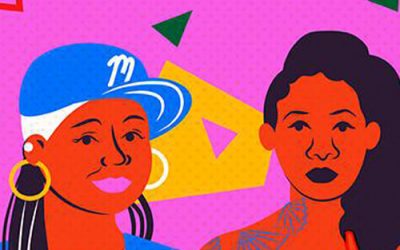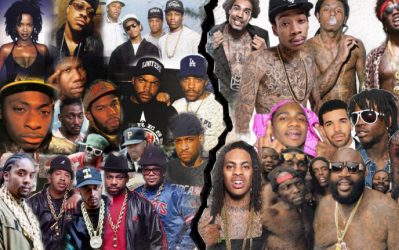On August 11, 1973, DJ Kool Herc spun his record and just like that at one of the most iconic birthday parties in the Bronx, Hip-Hop as we know it was born.
Much like the art form of Hip-Hop, the name was a part of the African American vernacular since 1904. The word ‘hip’ meaning ‘current’ was derived from the slang ‘hep’ and the term ‘Hip-Hop’ was used for the first time by Afrika Bambaataa, a South Bronx community leader.
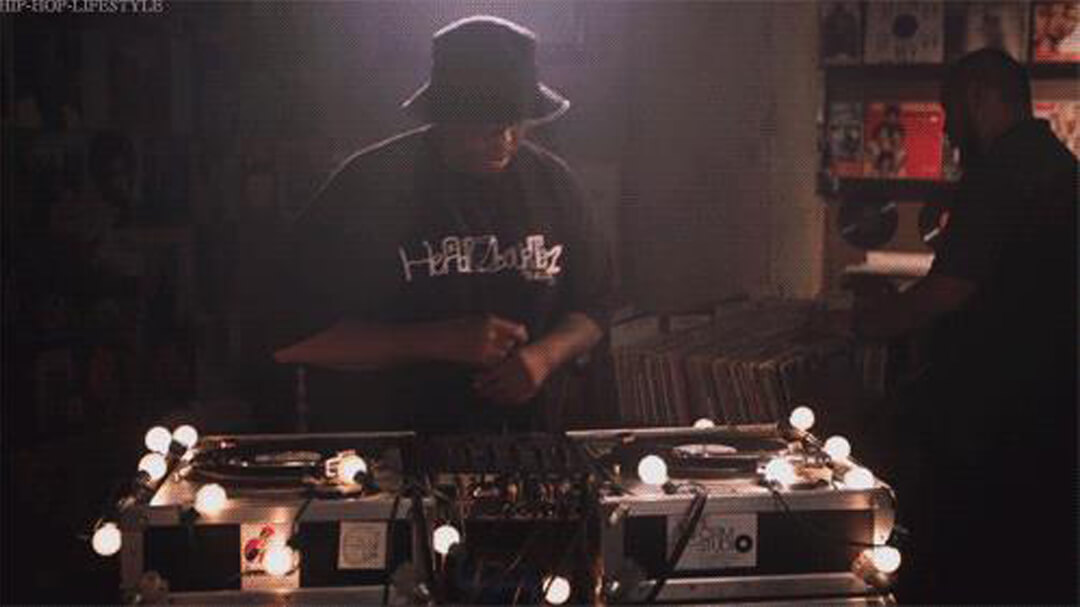
While the form has its roots in the early 1900s, when breaking was first used, it was not developed and recognised as a form till 1970s. Clive Campbell, a Jamaican DJ, considered the founding father of Hip-Hop produced a turntable-styled manipulation of various sounds at different intervals to create music at his sister’s birthday party in 1520 Sedgwick Avenue, West Bronx, New York.
His music style, a common feature received a mass audience leading to a culture of New York Block parties with an audience craving the beats of Hip-Hop. Herc would often buy two copies of a record and stretch the break parts by using two turntables and mixing in both records before the break ends.
At the same time, Graffiti as a form of expression spread through boroughs of New York City with artists signing their names with street numbers.
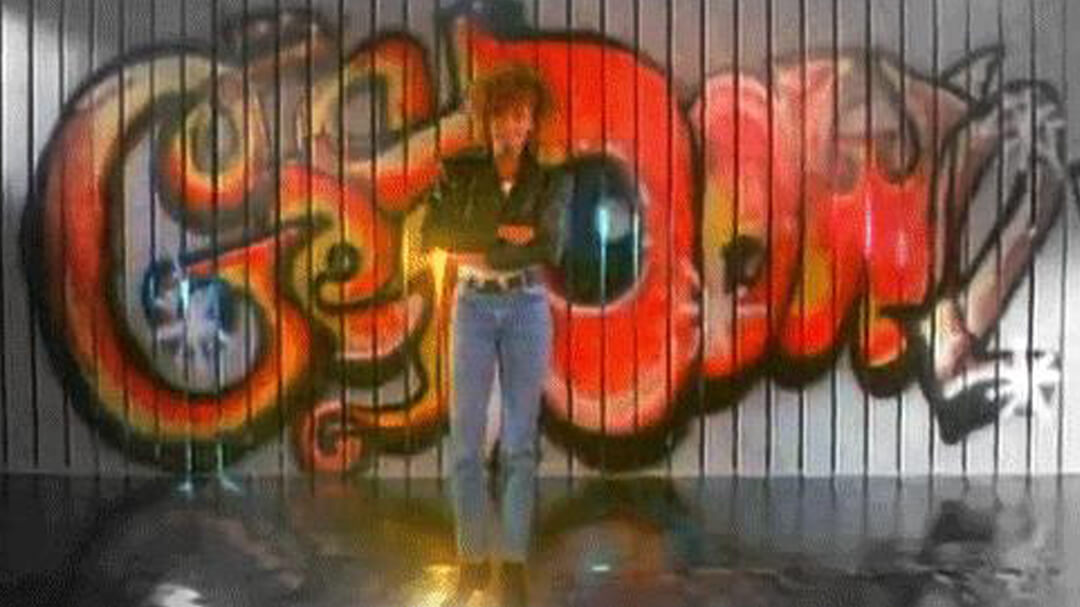
The one iconic performance by Campbell inspired many more like Grandmaster Caz, Grandmaster Flash, and Afrika Bambaataa (Kevin Donovan) to perform in New York City parties. Afrika Bambaataa later formed the iconic Zulu Nation. At the same time, rap or MCing as an artform rose with DJing notably through Coke La Rock and Clark Kent. Many spoken word artists like The Last Poets, are considered predecessors to what later came to be known as rap music. Most of these artists forming the Black Arts Movement used art as an expression to channel their angst on social issues and discrimination.
By late 1970s and 1980s, record labels started hunting raw talent for this fresh, grooving style of music. Sugar Hill Gang records the first ever Hip-Hop commercial song, known as “Rapper’s Delight.” Rapper Kurtis Blow also signs a label with Mercury Records and Wendy Clark (Lady B) becomes the first woman in Hip-Hop with her song “To the Beat Y’All”.
1980s also marked an international reach to the artform. Hip hop till then was largely confined within the context of the United States.However, through Greg Wilson, the first DJ to introduce electro hip hop to UK club audiences and many more, it reached different audiences worldwide. Musician and presenter Sidney also became France’s first black TV presenter with his show H.I.P. H.O.P.
B-Boying developed and became one of the most popular aspects of Hip-Hop culture to reach Japan, Australia and South Africa.
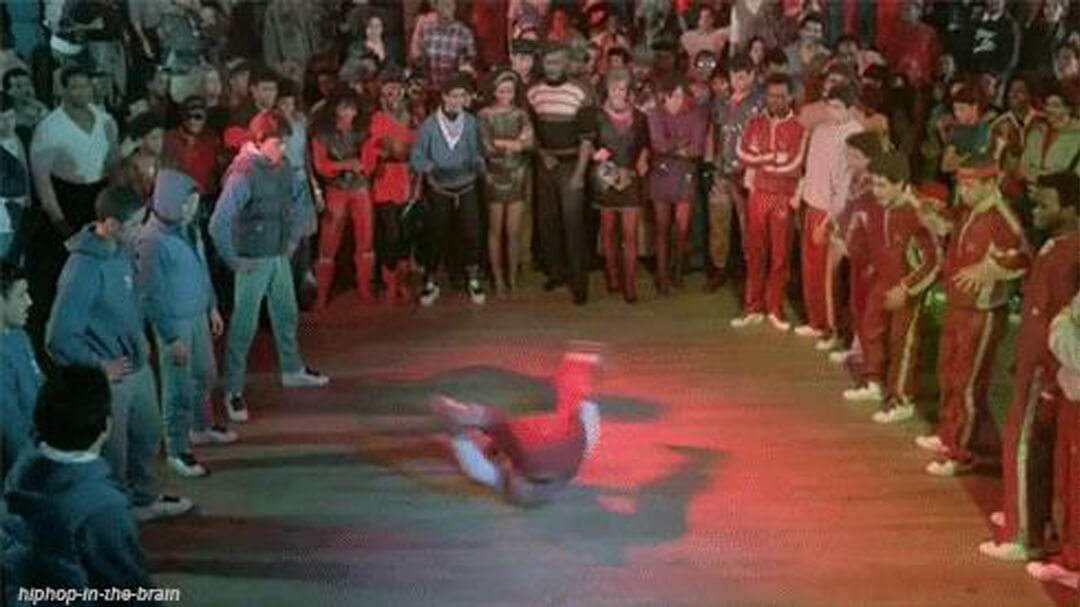
But it was also the 80s that changed Hip-Hop the way the world knew it with the coming of The New Age Hip-Hop, making everything before it old school.




